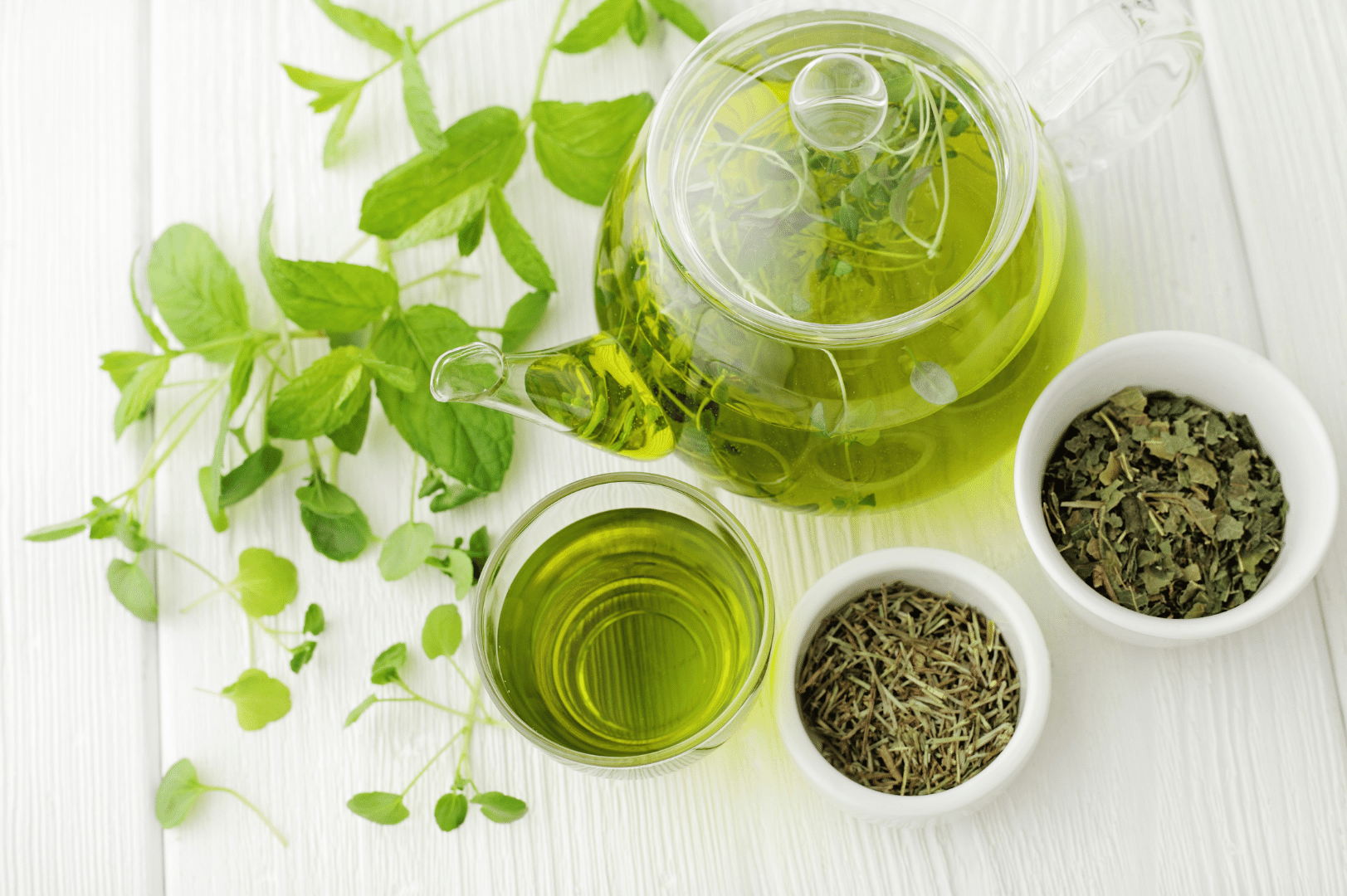
Getting into the exercise groove can sometimes be a literal pain in the butt. You’ve put in all the hard work, and now you’ve got the muscle pain to show for it. Muscle pain after a hard workout or breaking back into exercising after a long pause is normal and is a sign that you have pushed your muscles to their limits.
However, not only can muscle soreness be uncomfortable, but it may also affect your workouts and day-to-day activities.
Muscle soreness comes from the stretching or tearing of muscle fibers. This happens when either the muscle has been stretched beyond its limits or has been forced to contract too strongly. In most cases, only a few muscle fibers are torn, and your body will recover in a few days. This breaking down and repairing of muscles makes them stronger and can build up with regular exercise.
Healthy muscle soreness usually peaks between 1-2 days after exercises. Still, if you’re looking to speed up the recovery process, fortunately, there are many whole foods rich in nutrients that can aid muscle repair and reduce soreness.
Here are ten foods that help with muscle soreness and recovery:
1. Blueberries and Raspberries

Extensive physical exercise means you're taking bigger breathes and increased oxygen consumption. While this is a natural part of exercising, it can cause oxidative stress, deplete the body’s antioxidant defenses, and increase free radical production. This may also lead to inflammatory reactions to the body and induce muscle damage and soreness.
Both blueberries and raspberries berries are superfoods that are highly rich in antioxidants, meaning that they can reduce free radicals in the body and help athletes return from injury. Both delicious berries contain a great source of carbohydrates as well as sirtuins, which help moderate cellular functions and increase metabolism.
2. Watermelon 
With a make-up of 92% water, watermelon is hydrating and packed with vitamins C, vitamin A, potassium, and magnesium. Eating this tasty fruit is a great way to promote muscle recovery after physically taxing exercise.
Being rich in amino acid L-citrulline, watermelons encompass the crucial building blocks for proteins and can increase nitric oxide production, enhancing blood circulation and improving cellular recovery. A healthy intake of watermelon can be thirst-quenching and great for your muscles!
3. Salmon 
Studies show that omega-3 fatty acids can reduce inflammation and muscle soreness in the body. Meanwhile, potassium can help replace lost electrolytes during your workout. Luckily, salmon is jampacked with both key nutrients.
The best part of eating this delicious fish is that it is rich in lean protein. Eating protein is the key to cell generation and promotes muscle repair, and having a slice of salmon for lunch or dinner along with other healthy carbs can speed up muscle recovery.
4. Eggs
 Protein is one of the building blocks of muscles, and adding eggs to your diet may help reduce the risk of muscle soreness. A single egg contains around 6 grams of protein, as well as other minerals that are invaluable for muscle and bone health.
Protein is one of the building blocks of muscles, and adding eggs to your diet may help reduce the risk of muscle soreness. A single egg contains around 6 grams of protein, as well as other minerals that are invaluable for muscle and bone health.
Although many people tend to opt for eating egg yolks, studies show that eating the whole egg can be beneficial for muscle growth. Research shows that the nutrient-dense yolk provides vitamins, minerals, and fatty acids, including vitamin A, selenium, and zinc, that accelerate muscle protein synthesis.
5. Bananas 
We all know that bananas are rich in potassium, but did you know they contain essential nutrients and minerals like carbohydrates, vitamin B6, vitamin C, magnesium, and fiber as well?
Not only are they great for a quick source of energy, but eating bananas can help reduce the chances of muscle cramps and soreness, thanks to their high potassium content.
Best time to chow down? Before or after a workout. Pair a banana with a protein shake, or add it into your smoothie for a nutritious snack to speed up recovery.
6. Nuts 
Mixed nuts are a great snack you can pop into your workout bag to munch on the way home. Almonds, Brazil nuts, cashews, hazelnuts, pecans, and pine nuts contain omega-3, fiber, antioxidants, phytochemicals, and magnesium. This essential mineral help with producing new proteins, supports muscle functions, heart health, and reduces overall mortality.
How much should you eat? Eating a handful of raw or roasted unsalted nuts (around 30g) five or more times a week can help you maintain a healthy weight and reduce the risks of heart disease by 27-31%!
7. Oatmeal 
A proper meal with the right macronutrients following a successful workout is a must, and oatmeal is the perfect easy meal. Raw oats have a well-balanced macronutrient with a composition of 66% carbohydrates, 17% protein, and 7% fat. This means they contain the appropriate amount of protein to build muscle and a good counterbalance of carbs to strengthen and repair them.
The remarkable thing about oats is their versatility; there are many ways to keep things interesting. You can have them the traditional way with your favorite fruits, milk, and a dash of honey, in the form of oatmeal cookies or even oatmeal bars if you want to have them on the go.
8. Starchy Vegetables

Exercise can deplete your body of glycogen, the stored form of glucose, so it’s important to eat carbs to rebuild them afterward.
Glycogen is essential for optimal athletic performance, especially in intense, exhaustive exercises.
Eating carb-rich foods like starchy vegetables will promote glycogen replenishment. Sweet potato, butternut squash, and potatoes are dense with healthy carbs and a range of nutrients, including vitamin A and potassium.
Roasted, baked, mashed, or sliced, starchy vegetables are easy to prep and are delicious in every form. Combine them with some healthy protein like eggs or chicken for a hearty and healthy post-workout meal.
9. Spinach 
Popeye was on to something when he carried spinach around. Spinach and other cruciferous vegetables are packed with anti-inflammatory properties like vitamins A, B, and C, iron, and calcium. When your body becomes dehydrated after sweating from a workout, the level of electrolytes in your body decreases. Spinach, rich in potassium and magnesium, can help your body recover by replenishing those essential nutrients.
It's easy to incorporate spinach into your diet. Dish out as a part of your breakfast, salad for lunch, or even add a handful to your smoothie for a quick pick-me-up after your workout.
10. Green tea

You might know green tea as the superfood that can boost your metabolism rate, but it’s also filled with catechin. This natural antioxidant can counteract the effects of oxidative stress.
Green tea also has anti-inflammatory properties, helping heal inflamed muscle tissue torn during training. Studies have shown that adding green tea to your day-to-day routine can help speed up muscle recovery, but be sure to avoid it before bedtime as its caffeine properties can disrupt your regular sleep patterns.
When it comes to muscle recovery, nutrient intake is essential. Although having a balanced diet matters most, adding particular foods and drinks to your meal can speed up muscle recovery and reduce exercise-induced soreness in no time. If muscle soreness persists, we'd suggest you seek a professional to avoid any series of injuries.




.svg)


















.jpg)
















